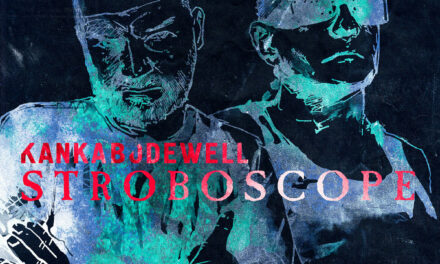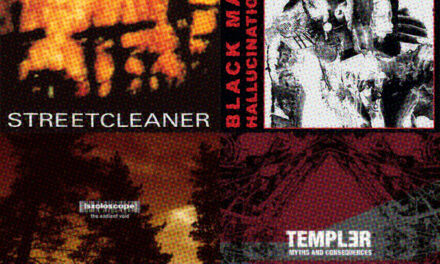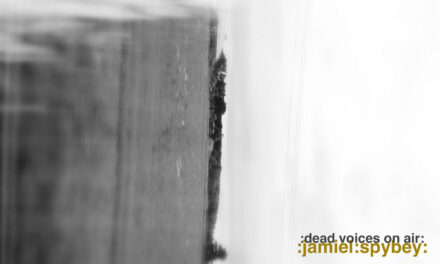
defrag
Float
Hymen Records
It’s been eight years since Jeff Dodson’s last album as defrag, 2008’s Drown, a record that highlighted his penchant for sound design and composition in the technoid vein. New record Float isn’t an enormous departure in terms of sound or feel from that template, and in spite of the lengthy wait between the two LPs the threads of what was established on the former release is easy to trace to the latter. Indeed, Dodson’s sense of how to put a track together without falling victim to ornamentation for its own sake or excessively long runtimes (both historical scourges of IDM and technoid producers) remains undiminished.
If you’re looking for ear candy, you’ll find it easily on Float. Dodson’s synth and drumwork is immaculate in its clarity and arrangement, and the record’s mix emphasizes warmth and clarity over clinical sterility. That serves tracks like “Lighthouse” in good stead: the dubby bass part meshes loosely with the drums’ tiny reversals and meticulously gated reverb tails to create a big dreamy atmosphere that belies its hidden complexities. Similarly, the techno-esque “Fire and Stone”‘s busy synthlines and cracking and sweeping snares have saturated pads woven through them, giving the track a sense of shape and movement that is more amorphous and mellow then any element in isolation could manage. When Dodson does go full manic-IDM on a song like “Circle” or “Square” the rapid-fire programming is countered by organic fuzz and distortion that inject a sense of the organic to their clockwork intricacy.
Those touches are what gives Float something of a poignant edge. The standard emotional palette for this style of music is usually fairly subdued; technoid does wistful better than it does sad, and pique better than anger for example. Dodson pushes things a bit deeper here though, and you get some really affecting moments as a result. There’s a real uplift for example in the progression of the title track, going from a Lorn-esque collection of bass drones upwards into a nigh-ecstatic symphony of warbling synths and high, keening pads, all the more impactful for the song’s brevity. Pre-release single “Glass Ship” is assembled around a plainly delivered vocal, a lone human voice that seems all the more relatable to the listener for being surrounded by ghostly whooshes and burbling keys.
Those traits add up to give the album a lot of casual listening appeal – it’s speedy and minimal enough in length to throw on during whatever you happen to be doing, has enough going on underneath the hood to maintain your attention and doesn’t get bogged down in its many interlocking musical ideas. For all the obvious effort that goes into making a record like this, Float has a simple, straightforward charm that belies the manifold calculations of its construction.





